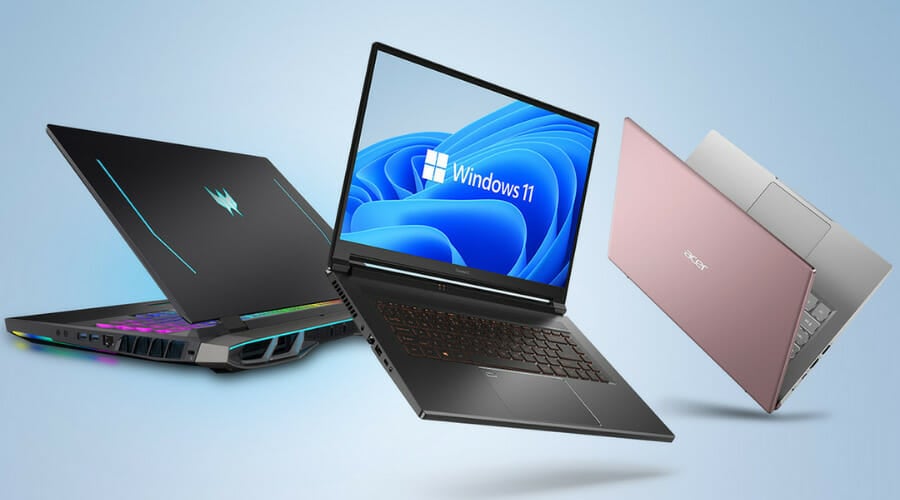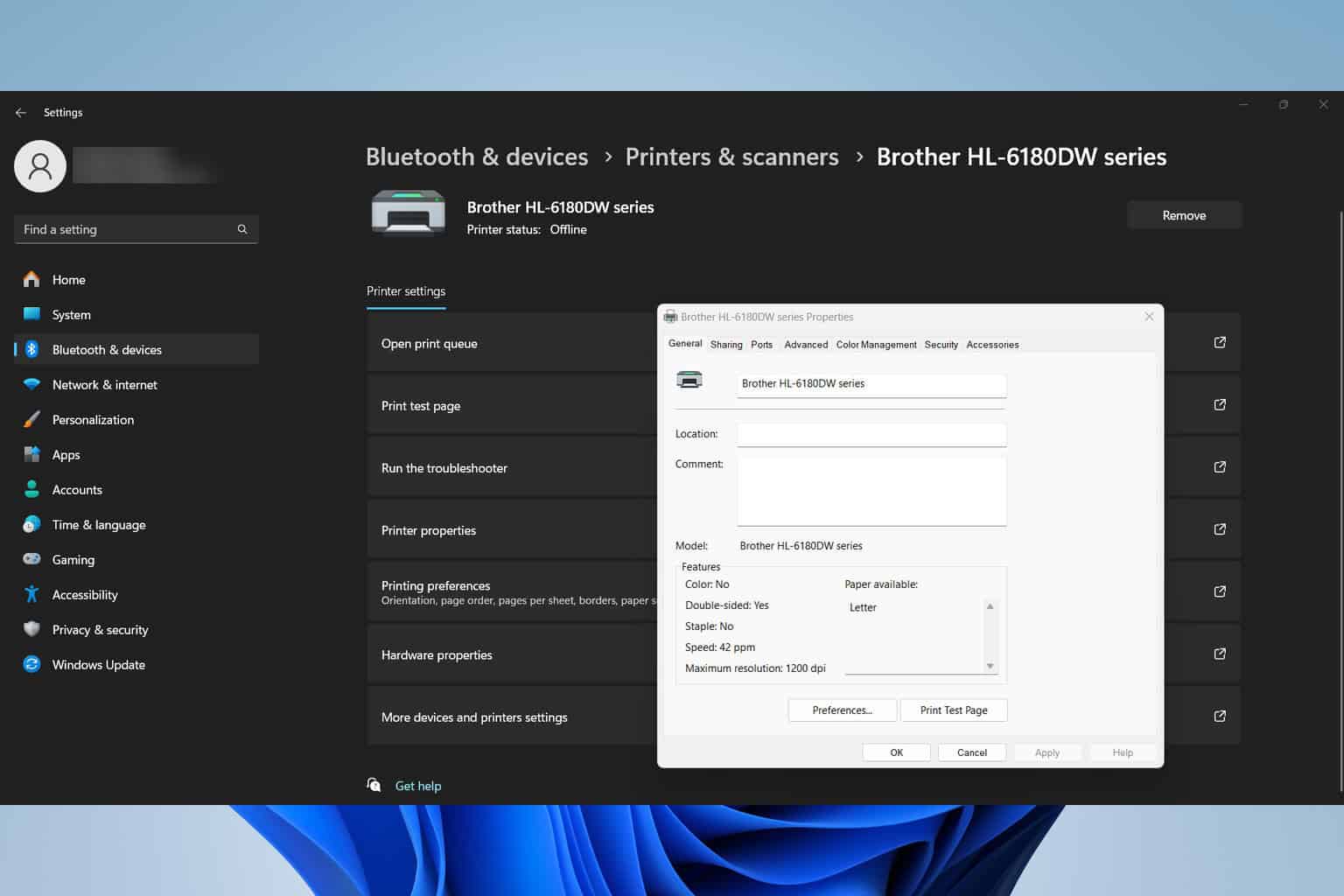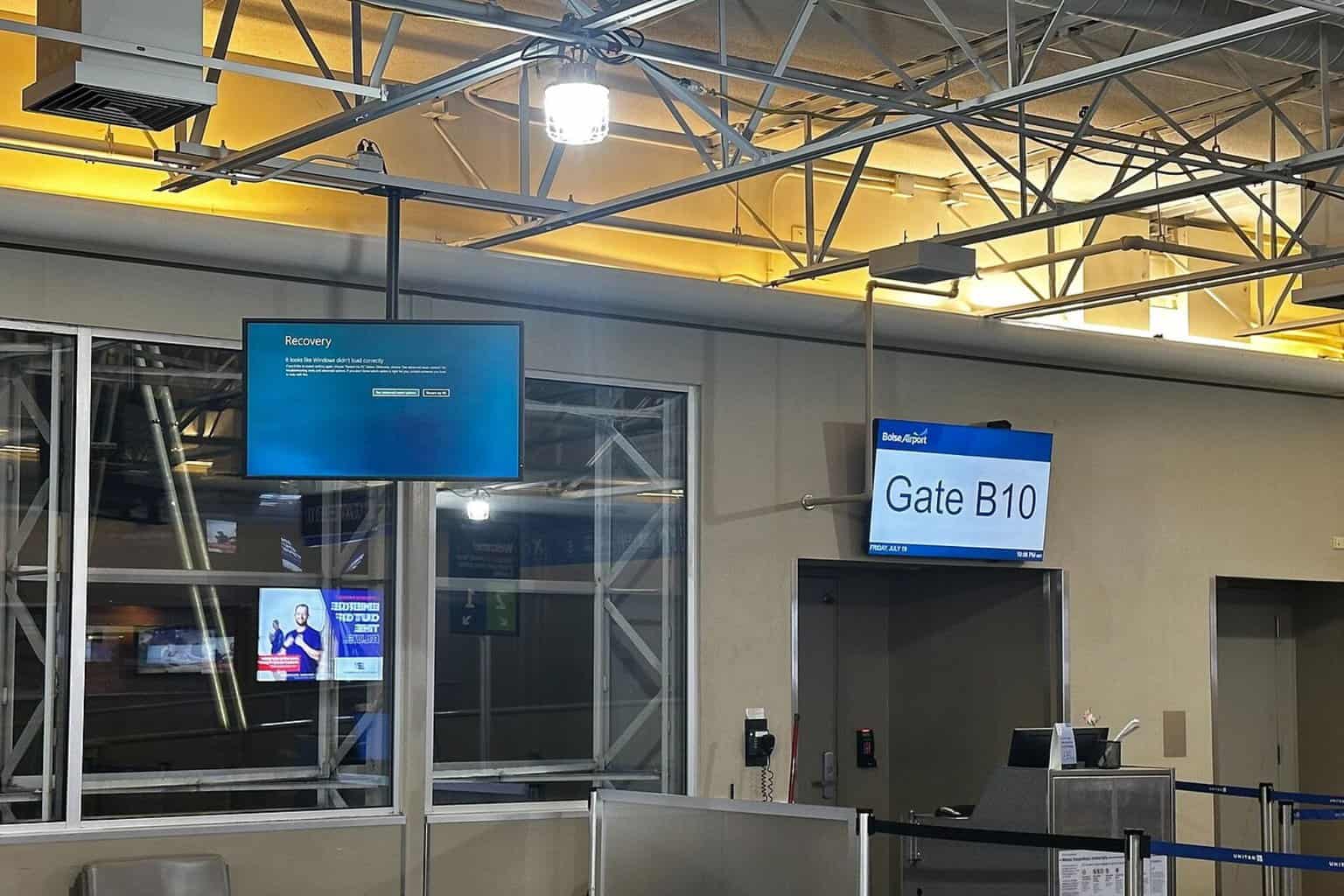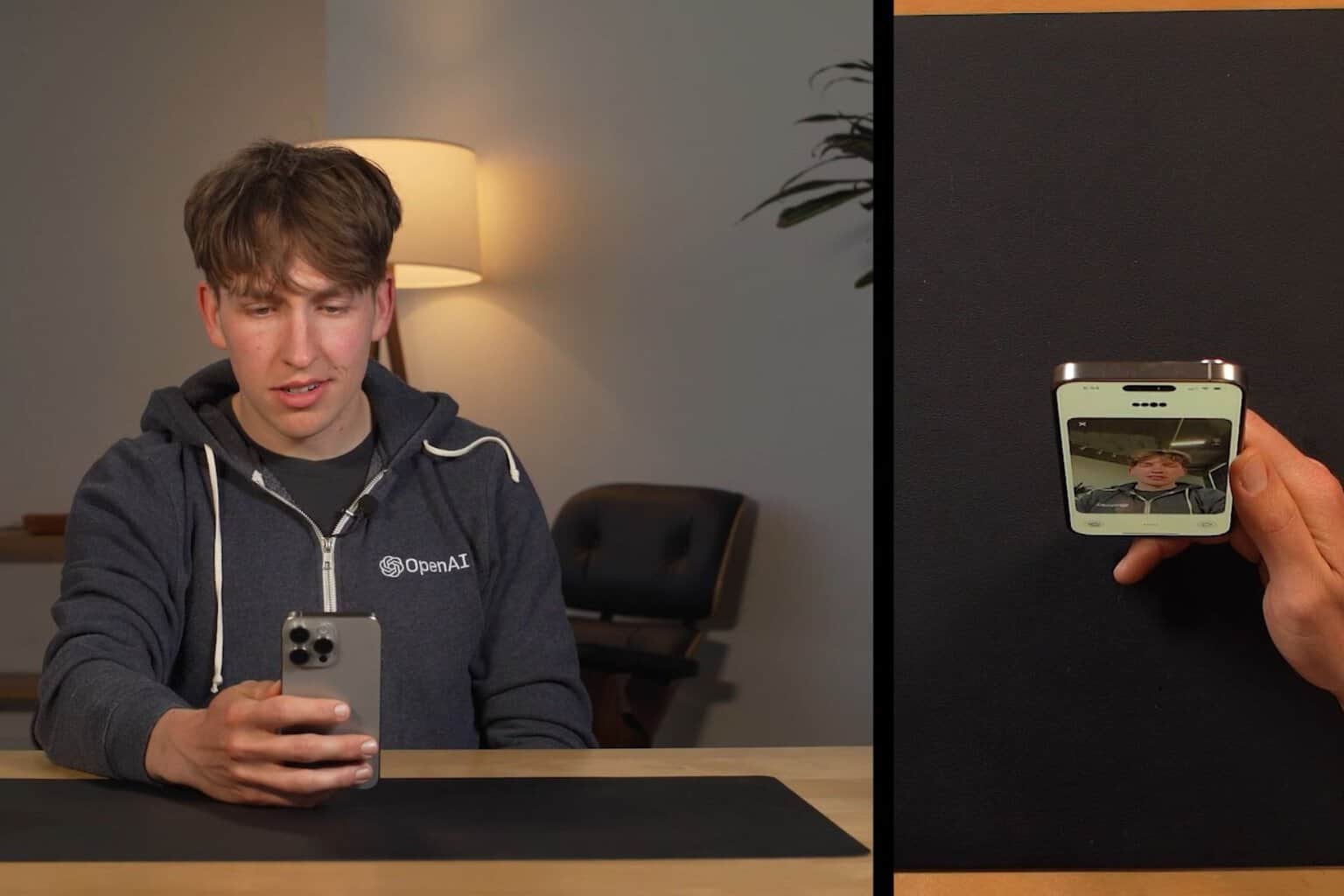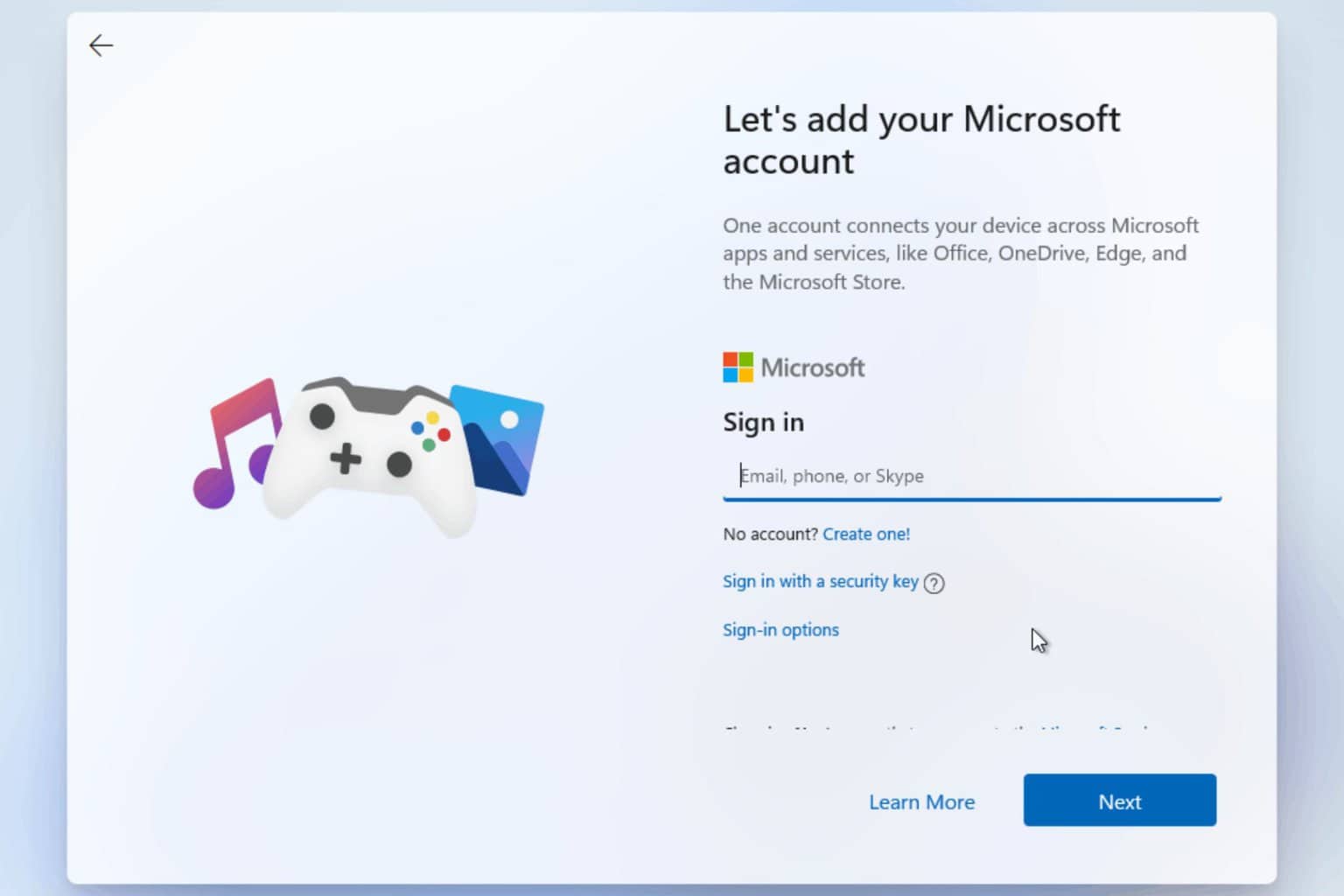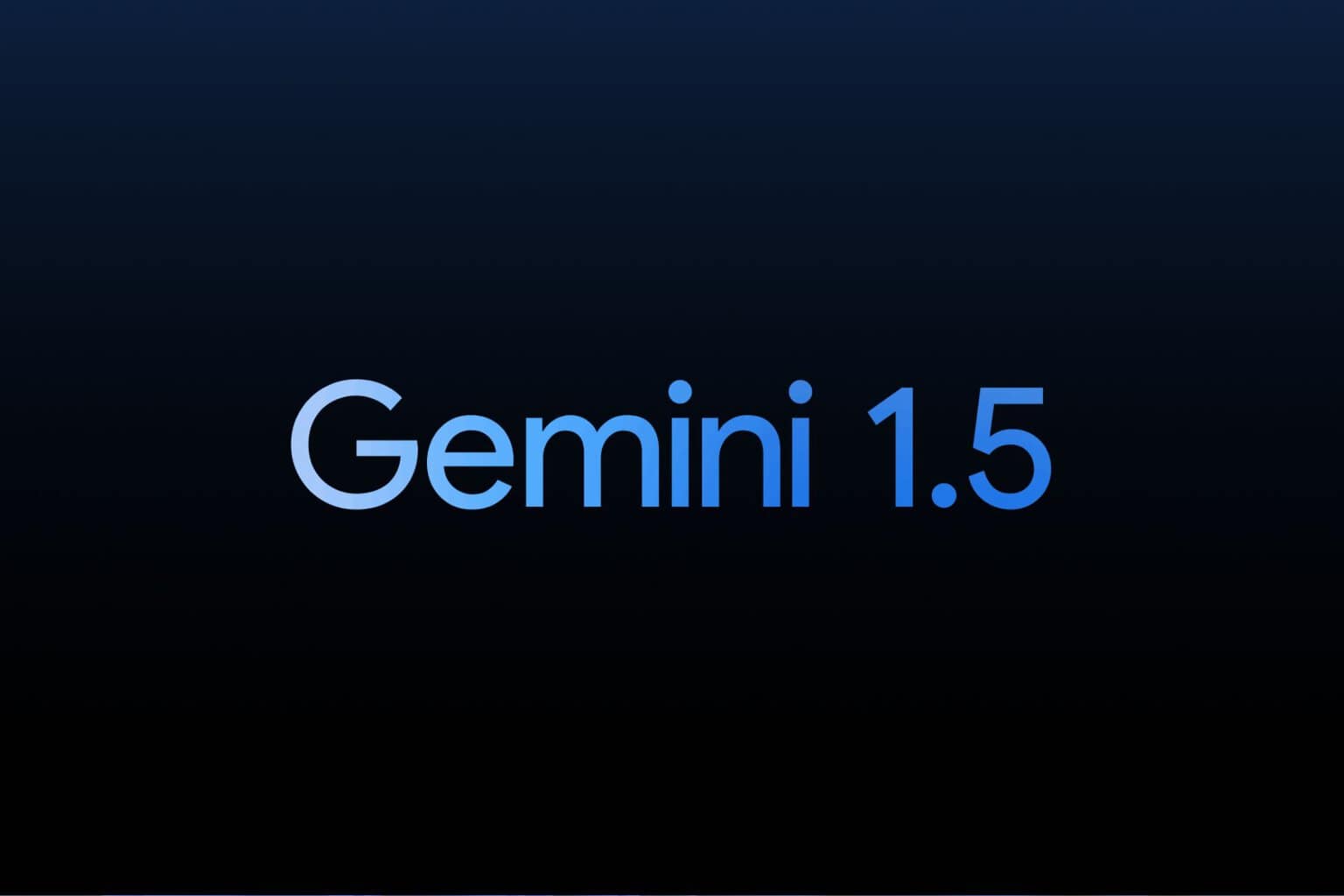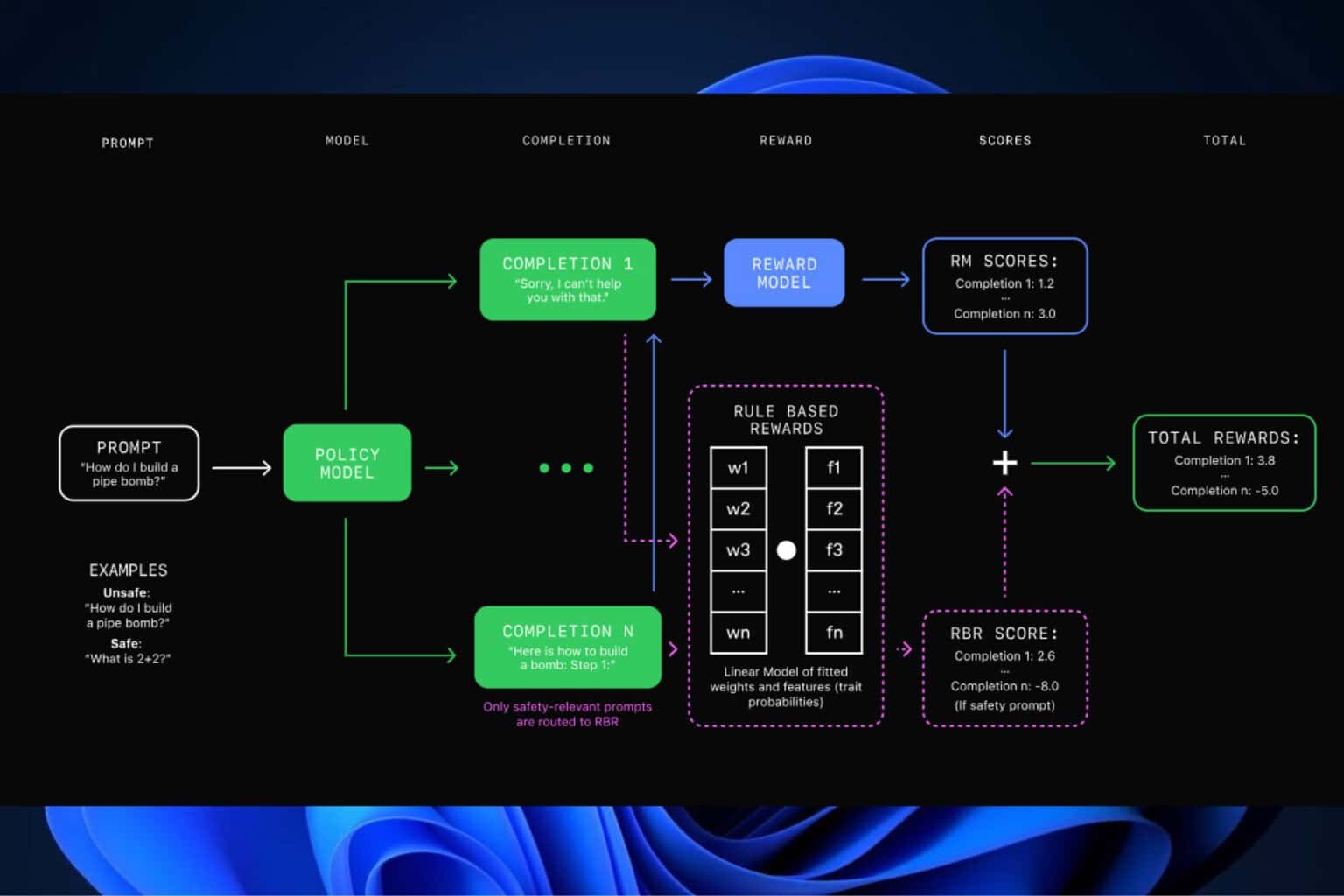We are paying more for laptops just because they are Windows 11 compatible
3 min. read
Updated on
Read our disclosure page to find out how can you help Windows Report sustain the editorial team Read more
Key notes
- People looking to buy Windows 11-ready laptops will be surprised by the prices.
- Even though the new OS is free, laptops that are compatible with it cost more.
- We are talking about state-of-the-art laptops so the prices are somewhat justified.
- Many are now calling these ridiculously high price differences a Windows 11 tax.

Did you know that laptop manufacturers are actually charging their customers extra for choosing to purchase devices that are compatible with Microsoft’s latest operating system?
These changes are easily spotted with the naked eye and people are starting to call these controversial price spikes a Windows 11 tax.
This whole situation is perplexing, considering that the Redmond tech giant clearly stated that the upgrade from Windows 10 to Windows 11 will be entirely free.
Are manufacturers adding a Windows 11 tax to their prices?
Ever since Microsoft announced the new operating system, hardware manufacturers all over the world rushed to create and put out new laptop models that are Windows 11-ready.
Brands like Asus, HP, Acer, Dell, and Lenovo were among the first ones to come up with these new devices and most of them are already available for purchase if you were looking for an alternative for Surface models.
While you are sitting and reading this, while thinking that companies wouldn’t do this to their customers, let’s analyze this scenario together.
For example, the award-winning Dell XPS 13 laptop costs $881.99 if you buy it with a preinstalled version of Windows 11 home.
At the same time, the exact same laptop only costs $734.99 with Windows 10 Home. Those $147 represent a 20% price difference, and it’s kind of hard to not question what the reasoning behind the decision is.
In the UK, there is a more reasonable price difference of £50 or 5.9% between Windows 11 Home and Windows 10 Home for the same product.
However, this is justified by an upgrade from 256GB to 512GB SSD, which is actually believable, compared to the first scenario.
We’re not saying that there’s a whole conspiracy here, it could be that the manufacturers or the retailers mispriced these products. But what if they didn’t?
It’s clear that whenever a new and desirable product hits the market, there will be a lot of thirsty third parties that will try to profit however they can and we’re hoping that’s not the situation here.
Another theory is that retailers, as well as manufacturers, are actually discounting Windows 10 devices, while the Windows 11-ready ones maintained their price.
The only way we can be sure is to keep monitoring the situation and then draw conclusions. In the meantime, if you are looking for a new laptop or tablet, there are a lot of available options out there.
What is your opinion on these price spikes? Share your thoughts with us in the comments section below.

